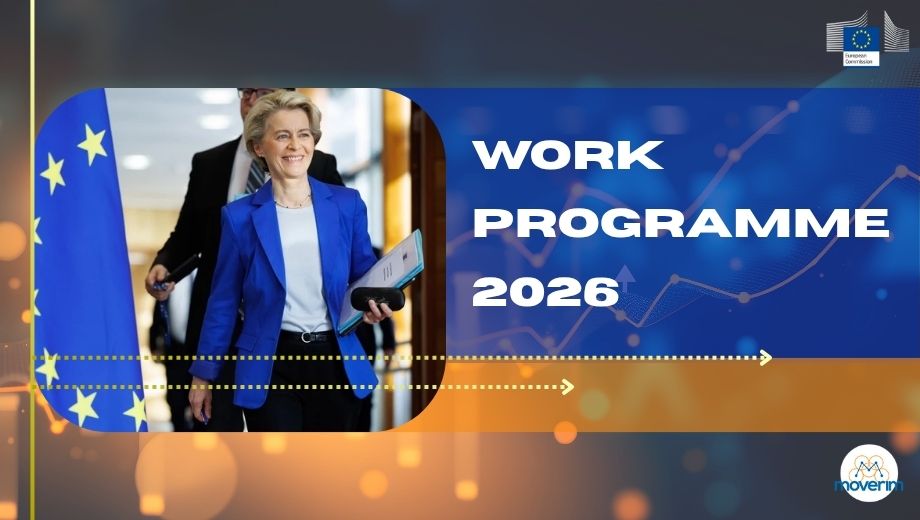
The European Commission, under the leadership of President Ursula von der Leyen, presented the outlines of its Work Programme 2026 on 21 October, marking a clear step towards a leaner governance model and more effective application of EU law. The main goal is to simplify existing rules, reduce administrative burdens, and ensure better implementation of EU policies across all Member States. According to the official announcement, more than half of the initiatives planned for next year will focus on regulatory simplification, showing the Commission’s determination to turn political commitments into concrete results.
The new Work Programme builds on the findings of the 2025 Overview Report on Simplification, Implementation and Enforcement, which provides a comprehensive assessment of progress made in cutting red tape and strengthening the enforcement of EU law. This is the first annual stock-taking that systematically measures the progress made in reducing red tape and improving the enforcement of EU law. According to the report, the Commission aims to achieve €37.5 billion in annual savings by 2030 through simplification measures. The first wave of actions could already generate €8.6 billion in annual structural savings, plus €4 billion in one-off cost reductions, with an overall target of a 25 % reduction in burdens, and up to 35 % for SMEs.
The report also highlights stronger enforcement efforts. Between January and July 2025, over 400 infringement procedures were closed after Member States achieved compliance with EU law. During the same period, the Commission referred 45 cases to the Court of Justice of the European Union, proposing financial sanctions in 15 of them. In parallel, Brussels has strengthened its cooperation with national and local authorities by conducting “reality checks” with businesses and administrations to identify practical obstacles to implementation.
However, the report also points to several challenges. Implementation remains uneven across countries and sectors, and cases of “gold-plating” — when national rules go beyond EU requirements — continue to occur. Some simplification proposals are still under negotiation between the European Parliament and the Council, which could delay adoption. In addition, the report only covers developments from January to July 2025, with further progress to be assessed in 2026.
Considering these findings, the 2026 Work Programme aims to consolidate progress and accelerate implementation. The Commission intends to close infringement procedures more swiftly, strengthen coordination with Member States, and ensure that simplification delivers tangible benefits for citizens and businesses. In particular, the 2026 Work Programme includes 38 new legislative initiatives, more than half of which are dedicated to simplification. Among the key proposals are the European Innovation Act, designed to support the uptake of emerging technologies; the Advanced Materials Act, aimed at promoting research and innovation in advanced materials; and the establishment of a Critical Raw Materials Centre to reinforce the security of strategic supply chains. The plan also foresees 20 “fitness checks” of the EU regulatory framework to identify areas for further simplification, as well as the withdrawal of more than 100 pending legislative initiatives considered obsolete.
Against this backdrop, the Work Programme 2026 marks a step towards a more coherent and impact-oriented Union. The main challenge will be to reconcile regulatory simplification with the preservation of European standards in safety, environmental protection and consumer rights. Brussels now aims to turn the concept of “better regulation” into tangible results for citizens, businesses and public administrations.
To learn more, see the Work Programme 2026 and the Annual Report 2025.